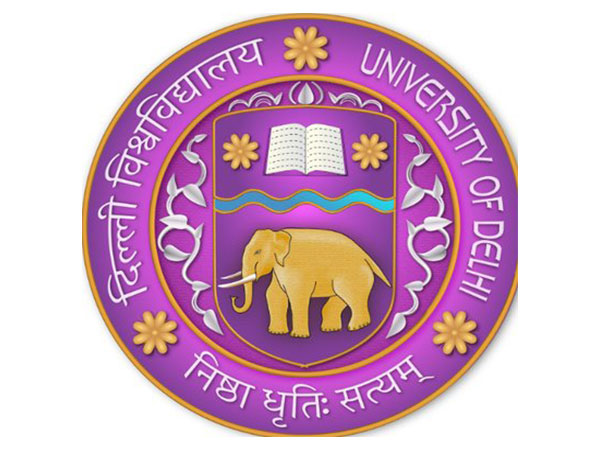Delhi University Approves New Undergraduate Research Guidelines Amid Faculty Concerns
The Delhi University Academic Council has approved guidelines for final-year undergraduate research projects, despite faculty concerns over workload, funding, and expectations. The framework aims to regulate dissertations, projects, and entrepreneurship tracks, requiring student supervision and progress reviews. Faculty express concerns about the lack of institutional support for high-level research outputs.

- Country:
- India
The Delhi University Academic Council took a significant step on Friday by approving new guidelines for final-year undergraduate research projects, a decision not without its share of controversy. While the council cleared the framework intended to regulate dissertations, academic projects, and entrepreneurship paths, faculty members voiced their concerns over workload, funding, and what they termed as unrealistic expectations.
The guidelines come as the first batch under the Undergraduate Curriculum Framework (UGCF) enters its fourth year. They now await the Executive Council's final nod. Under these new rules, each student selecting one of the three tracks will work under a faculty supervisor. Dissertations are to be completed individually, while academic projects may involve small teams. Notably, students pursuing entrepreneurship projects must have completed two designated elective courses. Faculty members, irrespective of holding PhDs, can supervise a maximum of ten students unless special permission is granted by the college's Research Committee.
Additional structures include forming a College Research Committee, a Subject Research Committee, and an Advisory Committee for Research within each college. Funding could be secured from various sources such as internal funds, alumni contributions, and CSR grants. Colleges must establish research repositories and conduct anti-plagiarism checks. Faculty members will undergo research supervision training, and students will receive orientation on ethics and citation standards.
Despite these measures, faculty members like Monami Sinha, Jitendra Meena, Anumeha Mishra, and Sanjeev Kaushal criticized the proposal. They pointed out the absence of institutional support for the high-level research output expected by the university. The faculty also criticized the supervision of up to ten students per teacher, arguing that even handling 3-4 students, considering other responsibilities, would be arduous. Additionally, questions arose about mentoring students with academic backlogs during their intensively research-focused fourth year.
The proposal to allow research funding through student welfare funds and other sources met strong opposition. Critics, including Dr. Jitendra Meena, argued that this could unfairly shift financial burdens onto students. Concerns were also raised about the lack of lab staff and plans to expand infrastructure. The faculty sought adjustments to committee structures for greater inclusiveness and called for clearer guidelines on plagiarism responsibility, emphasizing that it should be part of the student's assessment.
(With inputs from agencies.)
ALSO READ
Arunachal Pradesh Sets Landmark Guidelines for Child Protection
NZ Opens Door to Psilocybin Therapy for Depression With New Prescribing Guidelines
Goa Drives Forward: New App-Based Taxi Guidelines for 2025
Botswana, Namibia, Zimbabwe Launch EBS Guidelines to Boost Health Security
NDMC's New Guidelines for Khan Market's Aesthetic Overhaul










